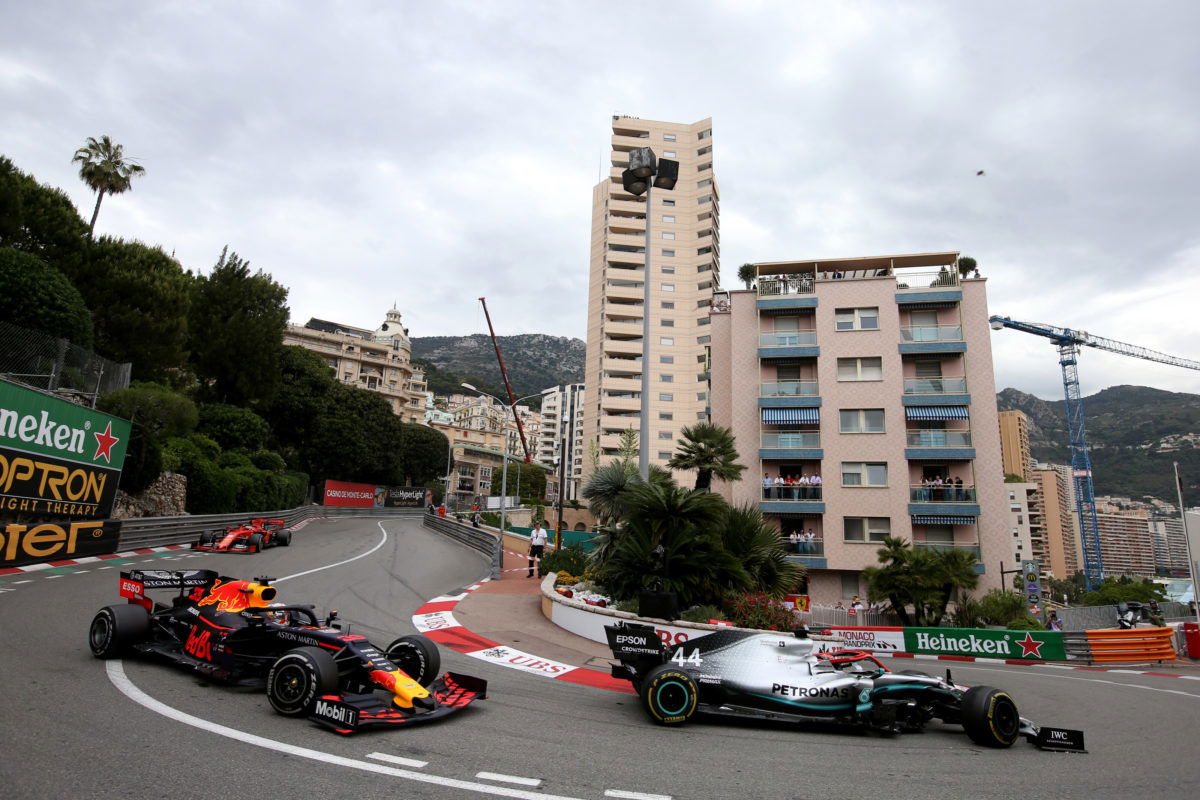

Formula 1 teams are set to agree to a reduced budget cap figure ahead of its introduction into the sport from next season.
It will be the first time in the sport’s history that it has had Financial Regulations, part of what was initially planned as a multi-faceted effort to improve the level of competition between teams.
Technical changes that were set to be introduced have been put on the back burner, and will now be introduced for 2022 with teams continuing to race their 2020 cars again next season.
McLaren boss Zak Brown revealed teams had agreed to reduce that to $150 million.
Ross Brawn, Formula 1’s Managing Director, has now revealed the initial cap will be $145 million ahead of a planned reduction over coming seasons.
“We started on $175m – that was a long battle to get it there – and with the current crisis, we’re now going to start at $145m,” he told Sky Sports.
“The discussion really is how much further down can we drive it the next few years?”
Coupled with the reduction in the cost cap, a new method for distributing prize money will also help shore up some of the smaller teams’ finances.
“I think there’s going to be a much more equitable prize fund in the new [Concorde] agreement,” Brawn explained.
“So the midfield teams, in particular, are going to be much better off in terms of their portion of the prize money.
“A good midfield team should be able to score podiums, maybe a win, and it should make a small profit, and if we can achieve that then we’ve got a very sustainable future.”
With a reduced calendar for 2020 as a result of the COVID-19 pandemic, it is expected that Formula 1 will take a hit in profit as it loses income from promoters, trackside signage, and corporate hospitality.
That has a flow on to teams, which receive a substantial percentage of the sport’s overall profits through prize money payments.
Brawn revealed the sport is looking at ways to mitigate that problem, which is unlikely to fully materialise for teams until 2021.
“We’ll judge on what level we should support the prize fund in the next six to 12 months because obviously we want to keep it alive,” Brawn said.
“If we lose some teams in this period, it will be a tragedy. So we’re working very hard in a fair and equitable way amongst the teams.
“We’ve got 10 very good teams in F1, let’s keep it that way.”





















Discussion about this post